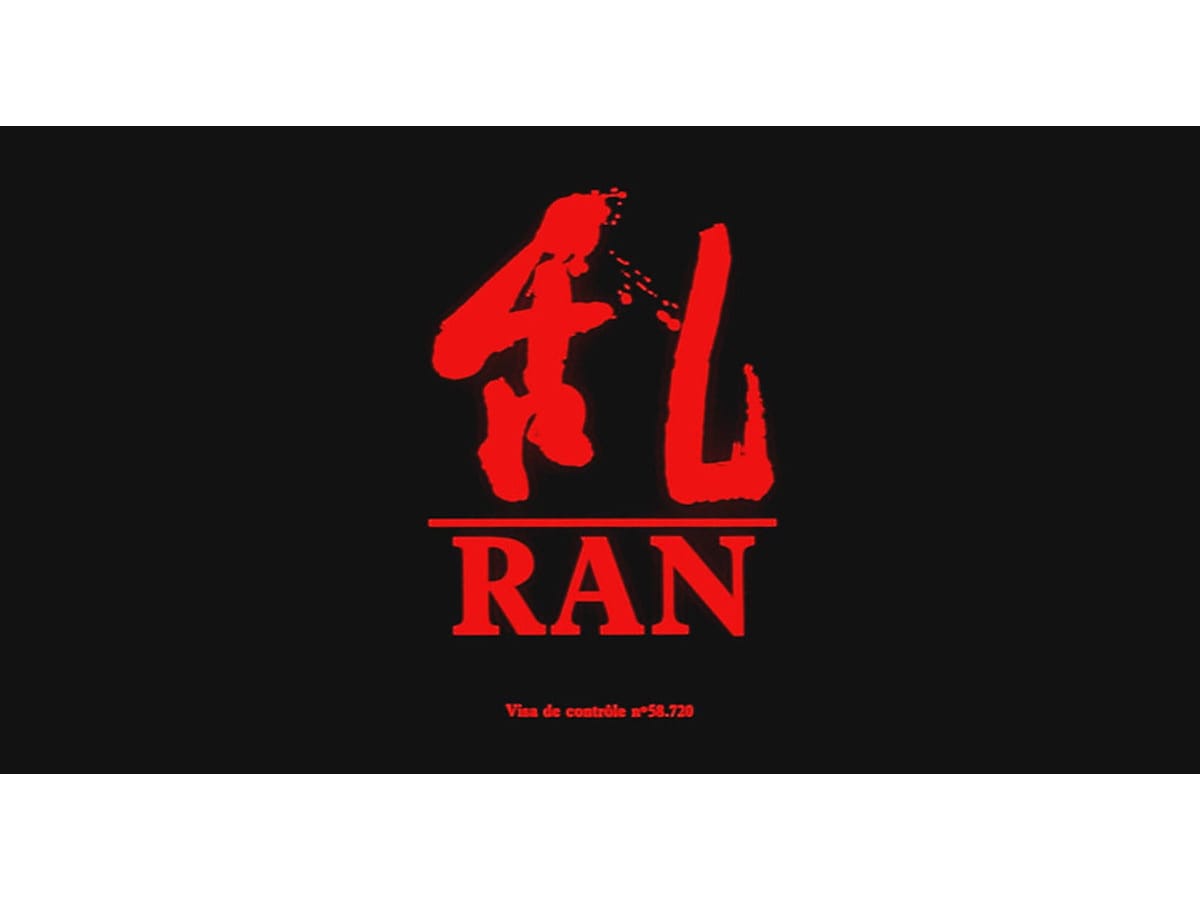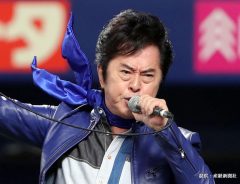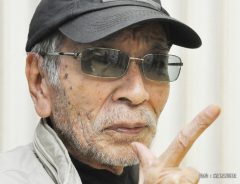
Source: Susanlenox, PDM 1.0 | © Flickr.com
In praise of Masato Hara, legendary film producer, who has died at 89
- Tags:
- film director / Hara Masato / Japanese Film / obituary
Related Article
-

[OBITUARY] Norman Mineta, US Congressman, 1st Japanese American Cabinet Member
-

Went to see “Demon Slayer: Kimetsu no Yaiba The Movie: Mugen Train” at the cinema in Japan
-

“Emperor of Anime Songs” Ichiro Mizuki passes away from lung cancer
-

Yu-Gi-Oh! creator Kazuki Takahashi found dead off Okinawan coast
-

Kiyoshi Kobayashi, original voice actor for Lupin III’s Daisuke Jigen, passes away
-

In the UK? Experience Japan this Spring at the Japan Foundation Touring Film Programme


Masato Hara 原正人, the legendary film producer who worked with Akira Kurosawa, Nagisa Oshima and other leading Japanese filmmakers in a seven-decade career, died of heart failure on March 17th at the age of 89.
Hara produced scores of films, among them celebrated creations like Nagisa Oshima’s Merry Christmas, Mr. Lawrence, Akira Kurosawa’s Ran (1985) and Hideo Nakata’s Ring (1998). His films showcased some of Japan’s best talent, tackled some of its thorniest issues and had a formative influence on how it is regarded abroad.
Born in Saitama Prefecture in 1931, Masato Hara entered the film business after graduating from Waseda University. In 1958, he joined the film distributor Nippon Herald, where he was in charge of marketing, before branching out into film distribution and production.
Among his early credits is Dersu Uzala (1975), a pioneering Japan-USSR co-production directed by Akira Kurosawa. Shot almost entirely outdoors in the vast wilderness of the Russian Far East, the film tells the true story of an indigenous hunter at home in the untouched forest, and the encroachment of a new way of life that is destined to destroy the old.
Monument to the indigenous hunter Dersu Uzala in Arsenyev, Primorsky Krai, 160km north east of Valdivostok, Russia. | user:Andshel, CC0, via Wikimedia Commons
Masato Hara went on to produce Nagisa Oshima’s Merry Christmas, Mr. Lawrence (1983). Starring David Bowie, Ryuichi Sakamoto, and Takeshi ‘Beat’ Kitano, it depicts the relationships between four men in a Japanese prisoner of war camp — a rebellious South African officer with a guilty secret from his youth, played by Bowie; the sexually repressed young camp commandant, played by Sakamoto; a British officer who has lived in Japan and speaks Japanese fluently, played by Tom Conti; and one of the camp commandant’s henchmen, who is both brutal yet surprisingly humane, and with whom Lawrence develops an unlikely friendship, played by Kitano.
Hara also produced Akira Kurosawa’s last great epic, Ran (1985). With a budget of US$11 million, it was the most expensive Japanese film ever produced at the time and is often cited as one of the greatest films ever made. Kurosawa loved filming in expansive locations, and much of Ran was shot on the slopes of Mount Aso, Japan's largest active volcano. The 1,400 uniforms and suits of armour used for the extras were designed by costume designer Emi Wada and handmade by master tailors over the following two years. As well as its fabulous costumes, Ran features a magnificent score by acclaimed composer Toru Takemitsu.
NeoBatfreak, CC BY-SA 4.0, via Wikimedia Commons
Another of Hara’s star vehicles was Ring (1998), a perfect comment on post-bubble, anxiety-prone Japan. It follows a reporter trying to solve the mystery of an accursed videotape that kills the viewer seven days after watching it. In the figure of Sadako, Ring brought the Japanese archetype of the vengeful female ghost up to date, while hinting at the dangers implicit in our unquestioning celebration of high technology. Ring was acclaimed by critics and was a huge box office success in Japan and around the world.
Along with Nagisa Oshima, another New Wave luminary with whom Masato Hara often worked was Masahiro Shinoda. The culmination of their partnership was Spy Sorge (2003), which told the story of Richard Sorge, the German journalist who joined Soviet military intelligence and became the USSR’s most celebrated spy. Sorge is most famous for his service in Japan in 1940 and 1941, when he provided information about Hitler’s plan to attack the Soviet Union. He was arrested, tortured, tried and hanged by the wartime government in late 1944.
Masato Hara embodied the ambitions of his generation, which are in marked contrast to the escapism and wanton sentimentality of many of today’s filmmakers. His interest in history, willingness to tackle thorny topics and internationalist outlook mark him out as a child of the post-war years, when the only way was up and ‘visionary’ and ‘realistic’ were not mutually exclusive terms. He will be sorely missed.